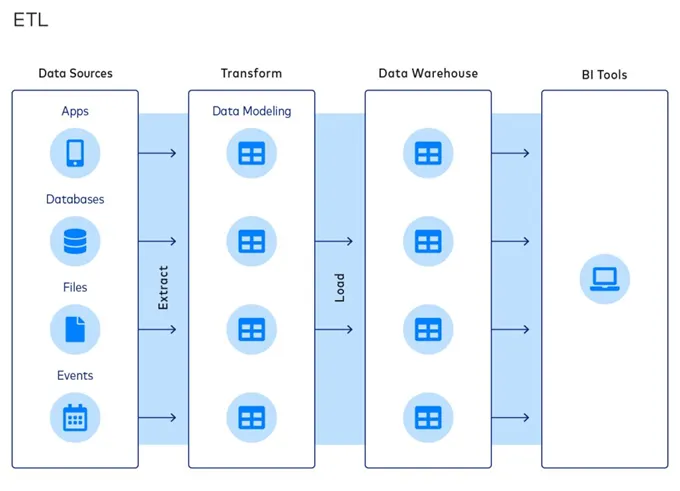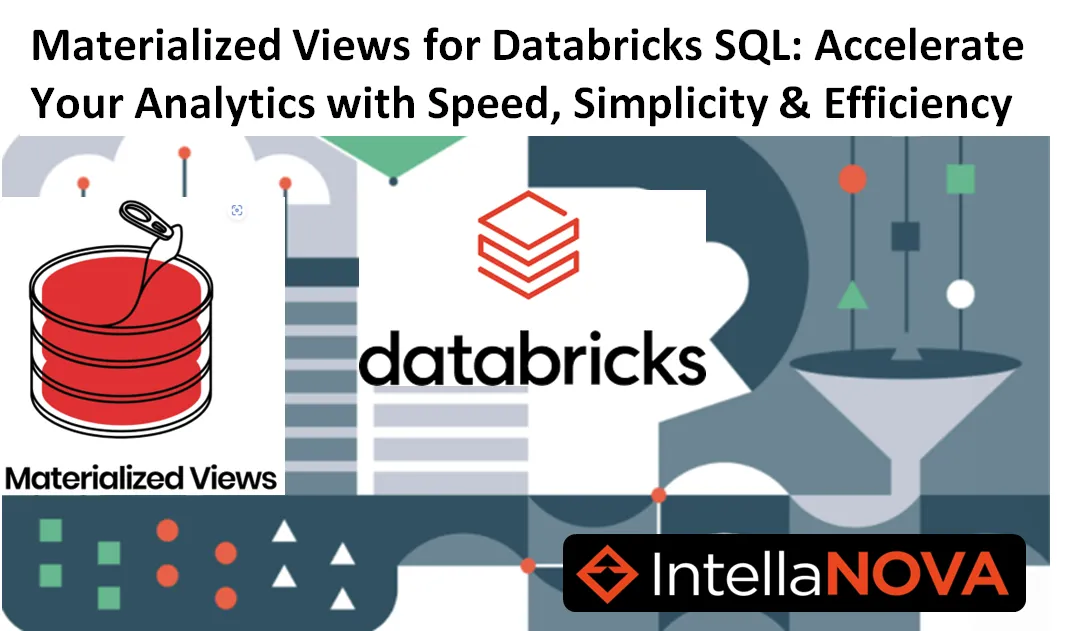
Materialized Views for Databricks SQL: Accelerate Your Data Analytics with Speed, Simplicity, and Efficiency
Data-driven insights power decision-making across industries. Today, the challenge is less about collecting data and more about making it actionable, fast, and cost-efficient. As data grows, so does the complexity of efficiently querying, transforming, and delivering fresh, high-performing analytics. Databricks’ new Materialized Views (MVs) for Databricks SQL is the answer to these challenges.
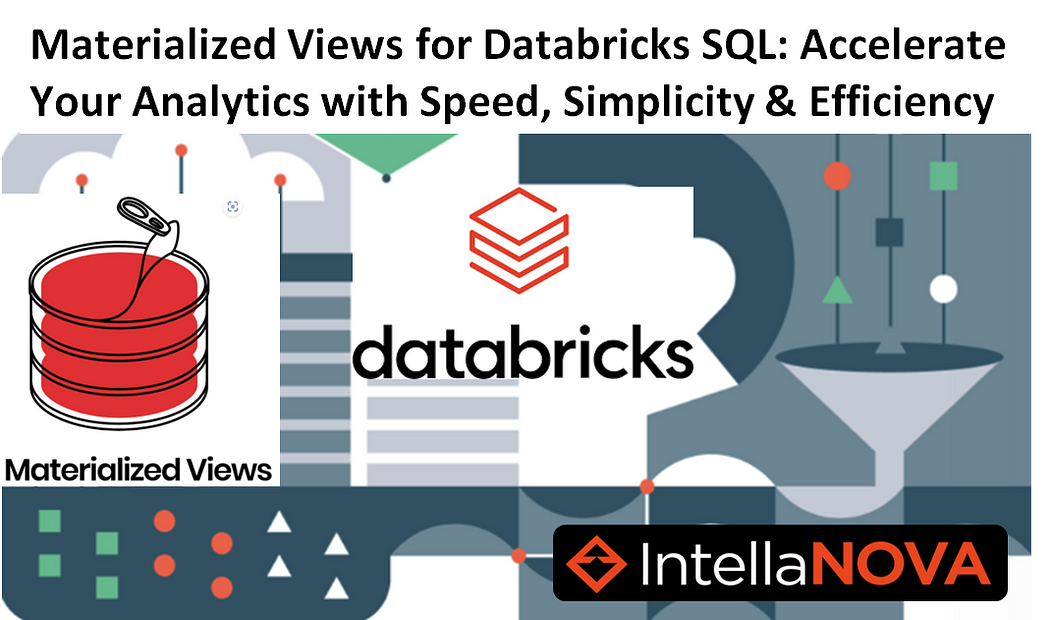
In this article, we’ll explore how Materialized Views empower SQL analysts, data engineers, and data consumers alike, with key performance gains that simplify BI (Business Intelligence) pipelines, reduce costs, and enable near real-time data experiences.
Challenges in the Data Warehouse
Data warehouses fuel analytics and reporting, but as organizations rely more heavily on complex BI tools, they face hurdles:
- Slow Queries and Dashboards: The depth and size of modern datasets often lead to delayed query responses and high costs. Business dashboards process extensive data views, slowing down access to insights.
- Balancing Freshness and Cost: For real-time analytics, data must be fresh. Precomputing results helps, but the trade-off often results in either staleness or increased expenses, especially for time-sensitive queries.
- Manual, Self-Service Obstacles: Complex SQL pipelines frequently require intensive manual setup and tuning, preventing teams from quickly responding to shifting business needs.
Enter Materialized Views
Materialized Views address these pain points. It combines the simplicity of SQL views with the agility of precomputed data. By precomputing and storing query results, MVs eliminate repeated processing and enable faster insights without extra coding or cost overhead.
The Power of Materialized Views for Analytics
MVs are built to supercharge query performance. Here’s how:
1. Reducing Query Latency for Faster Dashboards
Materialized Views store pre-aggregated or pre-joined data, allowing dashboards to access results faster than ever before. Instead of querying base tables repeatedly, MVs serve precomputed results directly. By minimizing query time, MVs reduce waiting periods for you and your business user. Furthermore, it also helps cut down processing cost because queries rely on precomputed data.
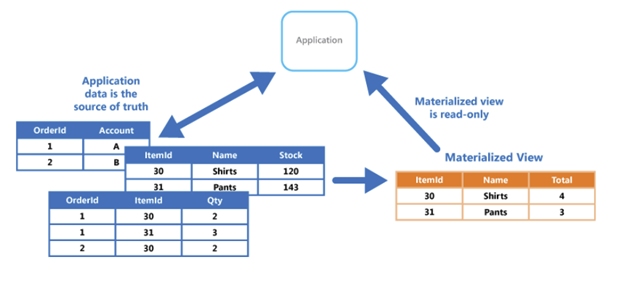
2. Keeping Data Fresh Efficiently
With automatic incremental updates, MVs ensure dashboards and reports display near real-time data. As new data flows in, MVs refresh incrementally which means that they are also cost efficient. This is way efficiently than recreating the entire view, with significantly is also cost inefficient. In fact, Databricks benchmarks show that incremental MV updates on a 200-billion-row table were up to 98% cheaper and 85% faster compared to full refreshes. This allows for better data freshness with minimal cost.
3. Enabling Data Engineers with a SQL-Driven Pipeline
Developing data pipelines in SQL has never been easier. By combining Materialized Views with Databricks’ Streaming Tables, data engineers can manage ingestion, transformation, and reporting through SQL alone. This simplification frees up resources and lets your team focus on business logic rather than intricate Data Manipulation Language (DML) code, improving time-to-insight.
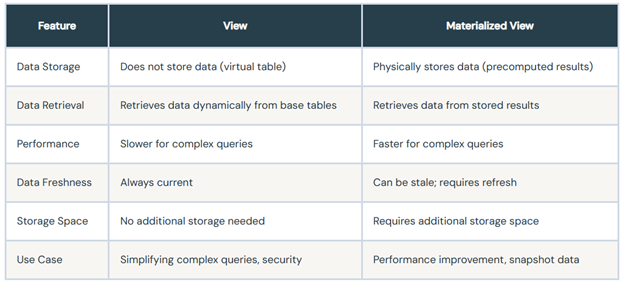
Summary
Databricks’ new Materialized Views (MVs) for SQL accelerate data analytics by optimizing query performance, maintaining data freshness, and simplifying workflows. By precomputing and storing query results, MVs address common data challenges such as slow queries, high costs for real-time data, and complex manual SQL setups This allows dashboards to load faster, keeps data nearly real-time with cost-efficient incremental updates, and enables SQL-driven data pipelines that free up engineering resources. MVs ultimately empower analysts and engineers to deliver timely, cost-effective insights with minimal coding and setup.



